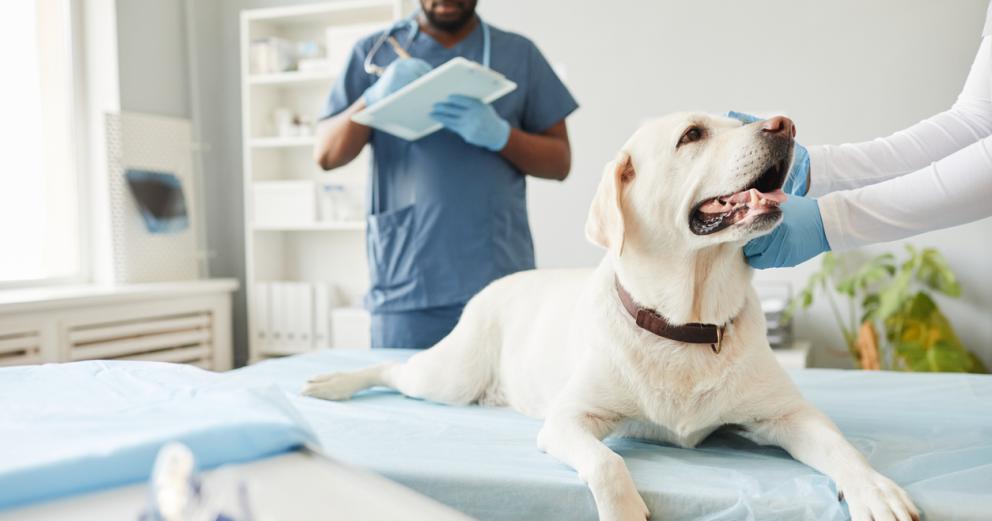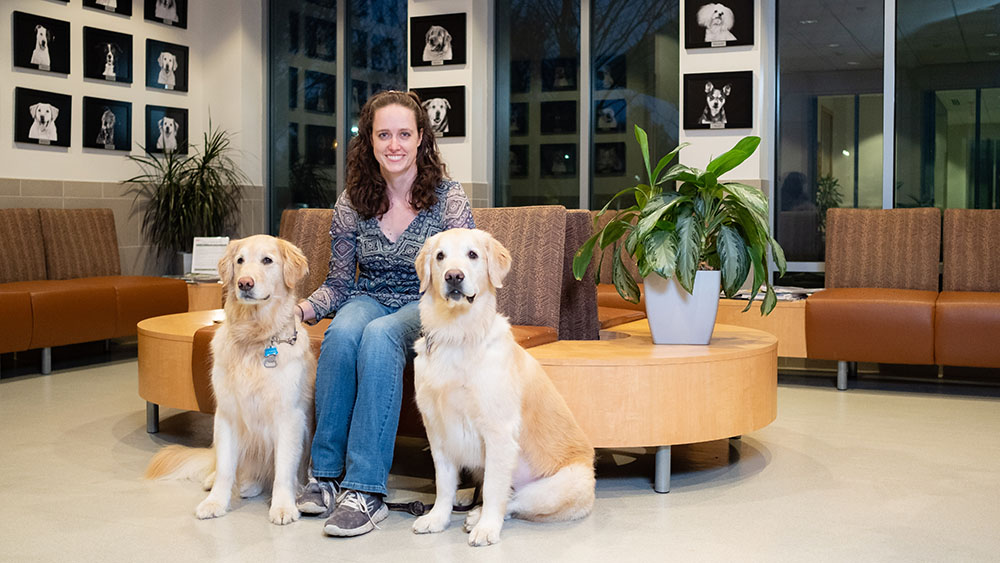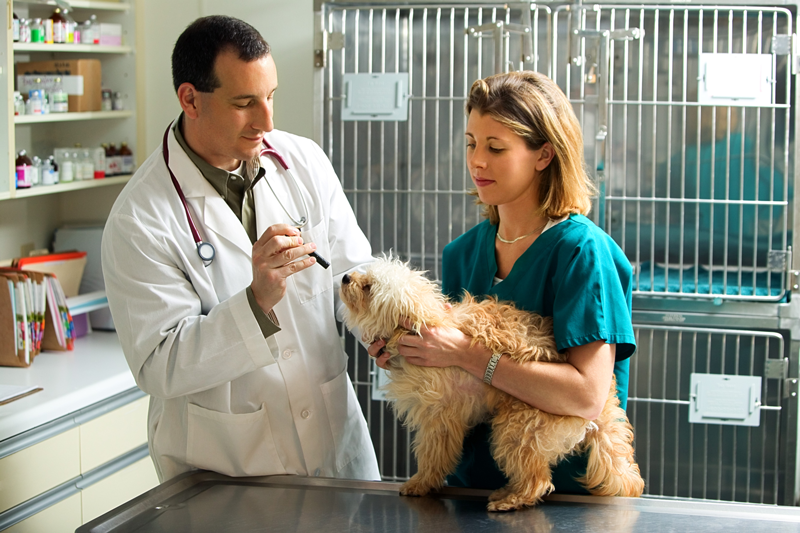Caring for a pet goes far beyond food and shelter. Just like people, animals require consistent medical care to live healthier, happier lives. Whether you are a first-time pet owner or someone with years of experience, understanding the role of veterinary services is vital. If you want reliable information or access to a trusted provider, you can always click here to explore professional care options that support your pet’s lifelong health.
Why Veterinary Care Matters
Pets may not be able to communicate verbally, but they often show subtle signs when something is wrong. Regular veterinary visits help detect these issues early and prevent them from becoming serious. A veterinarian does much more than treat illnesses. They provide preventive services, guide nutrition, and monitor development from puppyhood or kittenhood through the senior years.
Early intervention can save pets from pain and families from costly treatments. For example, routine dental checkups can prevent gum disease and tooth loss. Vaccinations protect against life-threatening viruses. Annual wellness exams also allow the vet to monitor changes in weight, heart rate, and organ function that might otherwise go unnoticed.
Core Services Every Pet Needs
Preventive Care
Preventive medicine is the foundation of good veterinary practice. It includes:
- Vaccinations to guard against common and severe diseases
- Parasite control for fleas, ticks, and heartworms
- Routine checkups to track growth and development
- Microchipping to help reunite lost pets with their families
Diagnostics and Treatment
Modern veterinary clinics use advanced diagnostic tools to identify health concerns quickly. Services often include:
- X-rays and ultrasounds for internal evaluations
- Laboratory tests for blood, urine, and stool analysis
- Allergy testing to uncover sensitivities affecting skin and digestion
- Emergency care for accidents or sudden illness
Dental Health
Oral hygiene has a direct effect on overall well-being. Plaque buildup can lead to infections that spread to the heart, kidneys, and liver. Vets recommend professional cleanings along with at-home brushing to maintain dental health.
Surgery and Specialized Care
From spay and neuter procedures to orthopedic surgery, veterinary professionals perform a wide range of operations safely. Advances in anesthesia and pain management ensure pets recover comfortably. Some clinics also provide specialized services such as dermatology, cardiology, or oncology to address complex conditions.
Building a Lifelong Wellness Plan
A comprehensive wellness plan for pets involves more than yearly checkups. It is a structured approach that adapts to your pet’s changing needs. For example:
- Puppies and kittens need frequent visits for vaccinations and growth monitoring.
- Adult pets benefit from annual wellness exams, dental care, and weight management.
- Senior pets require more frequent screenings for arthritis, heart disease, or diabetes.
Nutrition is also part of this plan. Vets can recommend diets tailored to breed, age, and lifestyle. They can also provide guidance on supplements or prescription foods when necessary.
The Human–Animal Bond and Veterinary Support
Veterinarians understand that pets are part of the family. They not only address medical concerns but also support the emotional connection between owners and their animals. This includes counseling pet parents through difficult decisions about chronic illness, rehabilitation, or end-of-life care. Compassionate support helps families provide the best possible life for their pets.
How to Choose the Right Veterinary Clinic
Selecting the right clinic ensures your pet receives the highest level of care. Key factors to consider include:
- Qualifications and experience of the veterinary team
- Range of services offered, including emergency support
- Clinic environment, ensuring it is clean, welcoming, and stress-reducing for animals
- Client communication, such as clear explanations and ongoing education
By evaluating these aspects, you can find a trusted provider who aligns with your pet’s needs. If you are looking for dependable care, click here to learn more about professional veterinary services designed for every stage of life.
Technology and Innovation in Pet Healthcare
Veterinary medicine has advanced significantly over the past decade. Digital radiography, laser therapy, and telemedicine have transformed the way clinics operate. These tools allow for quicker diagnoses, less invasive treatments, and improved recovery times. Pet owners also benefit from online portals where they can track vaccination schedules, refill prescriptions, and access records conveniently.
The Importance of Emergency Preparedness
No matter how cautious an owner may be, accidents and emergencies happen. Having a relationship with a trusted veterinary clinic ensures quick action when your pet needs it most. Clinics equipped for urgent care can handle trauma, poisoning, or sudden illness. Knowing where to go in advance can make the difference between life and loss.
FAQs about Veterinary Care
Q. How often should I take my pet to the vet?
A. Most pets should have a wellness exam at least once a year. Puppies, kittens, and senior animals may need visits every six months for closer monitoring.
Q. Why is preventive care important if my pet looks healthy?
A. Many conditions, such as heart disease or kidney issues, do not show outward signs until advanced. Preventive care helps catch these problems early when they are easier to manage.
Q. Can nutrition really affect my pet’s long-term health?
A. Absolutely. A balanced diet supports healthy weight, strong immunity, and better organ function. Poor nutrition often leads to obesity, diabetes, or joint problems.
Q. Should pets get dental cleanings even if they eat dental chews?
A. Dental chews help reduce plaque, but they cannot replace professional cleanings. Veterinary cleanings address tartar buildup beneath the gumline where chews cannot reach.
Q. What should I do if my pet has an emergency at night?
A. Ask your vet if they provide after-hours emergency care. If not, they can recommend a nearby 24/7 emergency hospital. Keeping this information handy ensures quick response in critical moments.









